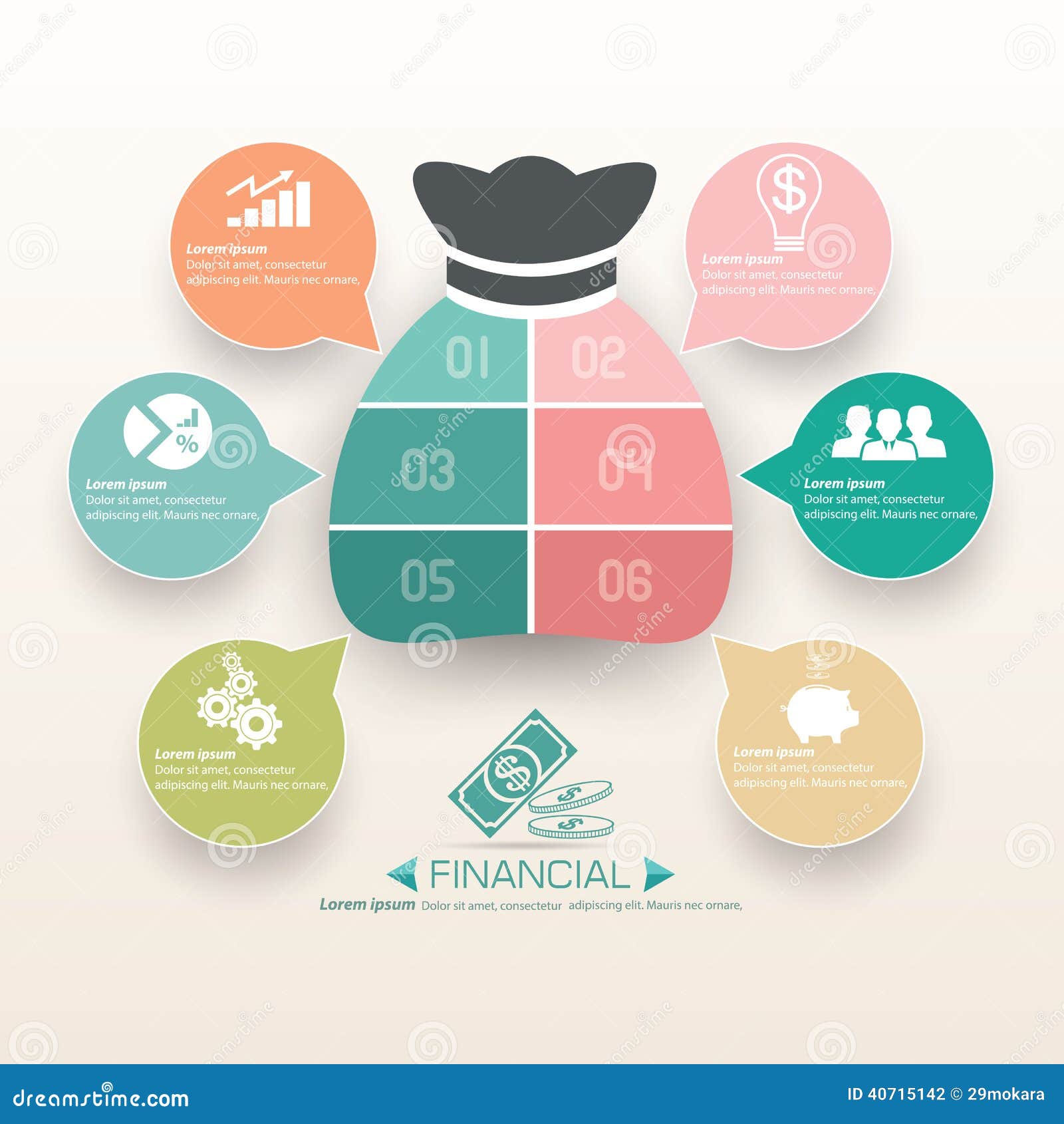Discover The Concealed Expenses And Effects Of Neglecting An Efficiency Bond, And Understand Why It's Important To Stay Away From This Expensive Error
Discover The Concealed Expenses And Effects Of Neglecting An Efficiency Bond, And Understand Why It's Important To Stay Away From This Expensive Error
Blog Article
Authored By-
When a guaranty problems a performance bond, it assures that the principal (the event who buys the bond) will certainly fulfill their commitments under the bond's terms. If the major fails to fulfill these responsibilities and defaults on the bond, the guaranty is in charge of covering any losses or problems that result.
1. Loss of track record: Defaulting on a performance bond can damage the principal's track record and integrity, making it harder to protect future business or financing.
2. Legal and administrative expenses: The surety might require to pay legal and administrative costs associated with seeking the principal for damages or trying to rectify the circumstance.
3. Economic losses: The surety might need to cover the expense of finishing the task or giving the solutions that the principal failed to deliver. https://247sports.com/college/texas-am/Article/Texas-AM-football-2022-Josh-Moten-arrest-transfer-portal-Aggies-199639960/ can result in significant financial losses for the guaranty.
4. Increased premiums: If the principal has a background of defaulting on efficiency bonds, they might be required to pay greater premiums in the future to obtain the needed bonding.
Generally, defaulting on an efficiency bond can have significant economic effects for both the principal and the surety. It is essential for principals to carefully consider their obligations and guarantee they are able to satisfy the terms of the bond to avoid these unfavorable outcomes.
Defaulting on an efficiency bond can be a pricey error for organizations. When you stop working to fulfill the bond's responsibilities, the monetary consequences can be significant. From paying the full bond amount to possible legal battles and damaged connections, the consequences can resound throughout your service operations. Recognizing the intricate web of economic influences that back-pedaling an efficiency bond can have is vital for guarding your company's financial health and wellness and track record.
Financial Penalties for Defaulting
If you default on an efficiency bond, you'll likely face substantial punitive damages. These fines can differ relying on the regards to the bond contract but usually entail paying the bond amount completely to the obligee. This suggests that if you fail to meet your legal obligations, you have to pay the bond total up to the project owner or the entity that called for the bond.
Furthermore, you may also be responsible for any type of added prices incurred by the obligee as a result of your default, such as discovering a replacement service provider or covering job delays.
Back-pedaling a performance bond can additionally cause legal charges and court prices if the obligee chooses to take lawsuit against you to recover the bond quantity. These expenditures can quickly accumulate, more exacerbating the economic impact of your default. It's essential to thoroughly assess and comprehend the regards to the performance bond to prevent these serious punitive damages.
Influence On Business Capital
Defaulting on a performance bond can substantially impact your service cash flow, affecting monetary stability and functional capabilities. When you default on an efficiency bond, you run the risk of shedding the bond quantity, which can be a considerable sum. This loss directly influences your cash flow, as you'll require to discover different sources of funding to cover the bond amount. Additionally, defaulting can lead to boosted scrutiny from sureties, making it more difficult and much more pricey to protect bonds in the future. This can additionally stress your cash flow as you might need to assign added sources to fulfill bonding demands.
business surety bond on your capital doesn't quit there. Defaulting on an efficiency bond can additionally cause job delays or cancellations, causing a loss of revenue. Furthermore, the negative reputation that includes failing can prevent potential clients, even more lowering your cash flow. In general, back-pedaling a performance bond can have destructive results on your service's financial wellness and ability to operate smoothly.
Lawful Implications and Suits
Facing legal implications and possible claims because of defaulting on an efficiency bond can significantly influence your company's online reputation and financial standing. When you back-pedal an efficiency bond, the guaranty firm might take legal action to recoup the bond amount paid out. This could lead to expensive lawful charges, court costs, and possible negotiations or judgments versus your company.
Additionally, defaulting on an efficiency bond may bring about damaged partnerships with clients, subcontractors, and suppliers, influencing your capacity to safeguard future agreements. Claims emerging from bond defaults can taint your business's credibility in the industry, making it testing to bring in new partners or clients.
Additionally, if the default results in a court judgment against your business, it can lead to asset seizure or liens, further stressing your monetary security. For that reason, it's essential to comprehend the lawful ramifications of defaulting on an efficiency bond and take positive steps to minimize the threats entailed.
Verdict
As you face the effects of defaulting on an efficiency bond, remember this: it resembles walking a tightrope without a safety net. One incorrect relocation can send you plunging into a financial freefall, with no way to stop the loss.
The financial penalties, cash flow influence, and legal implications are all waiting to capture you if you mistake. So walk thoroughly, and constantly honor your commitments to stay clear of the extreme consequences of default.
